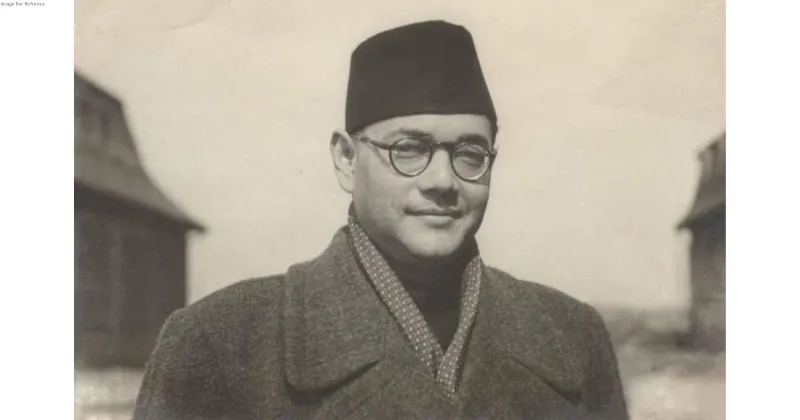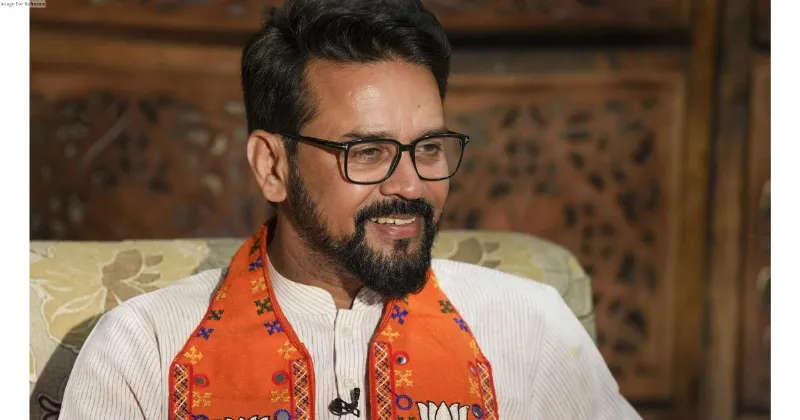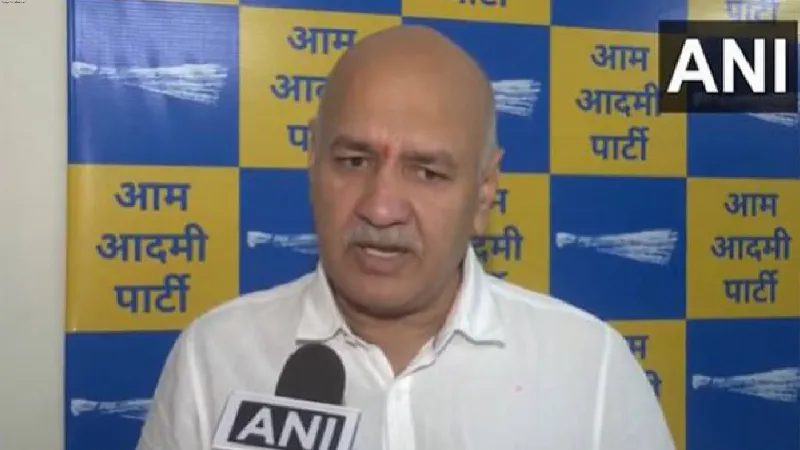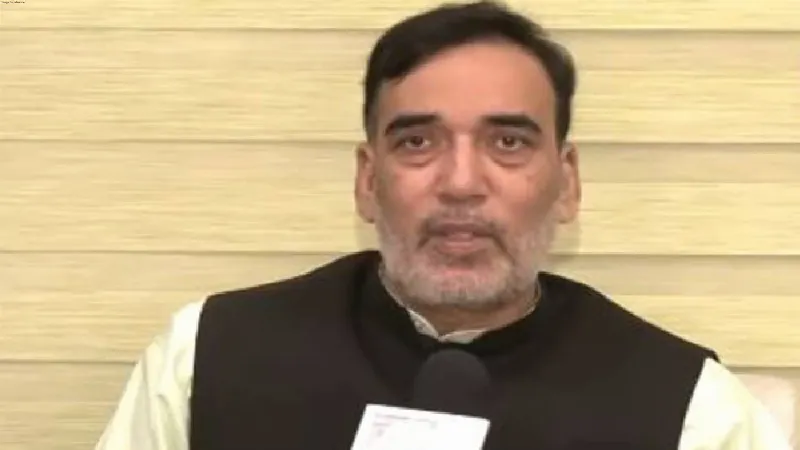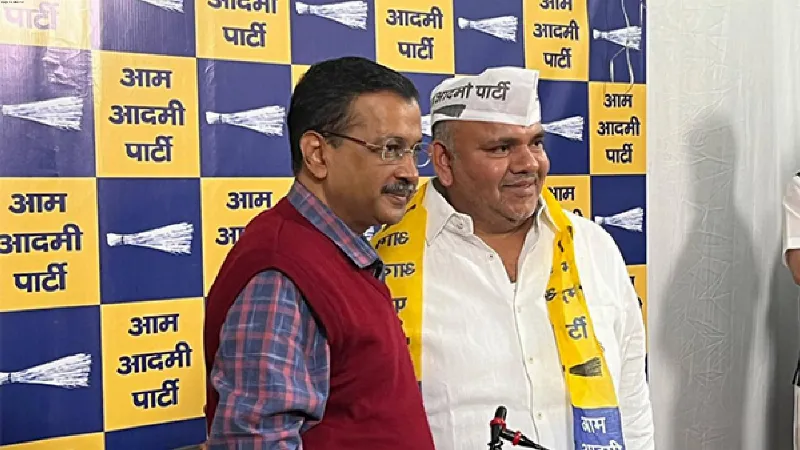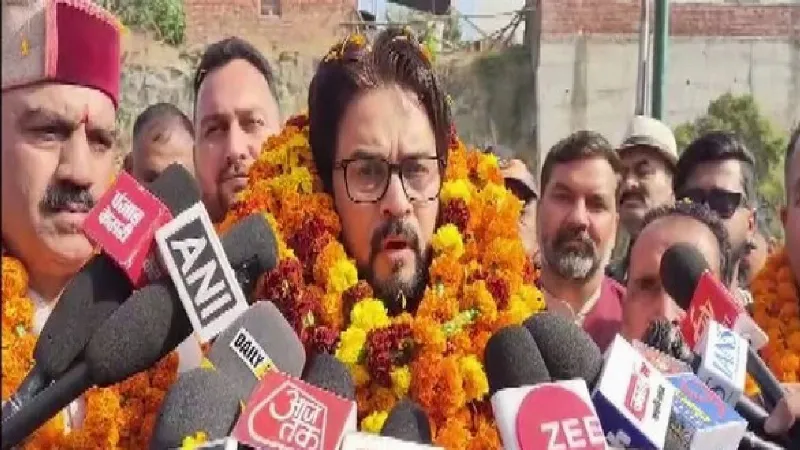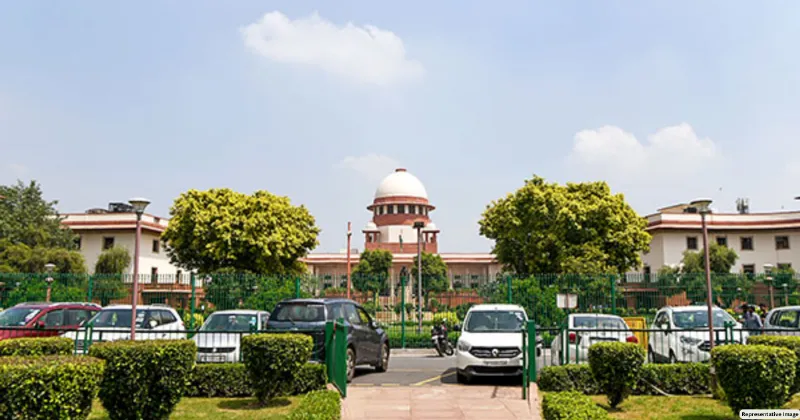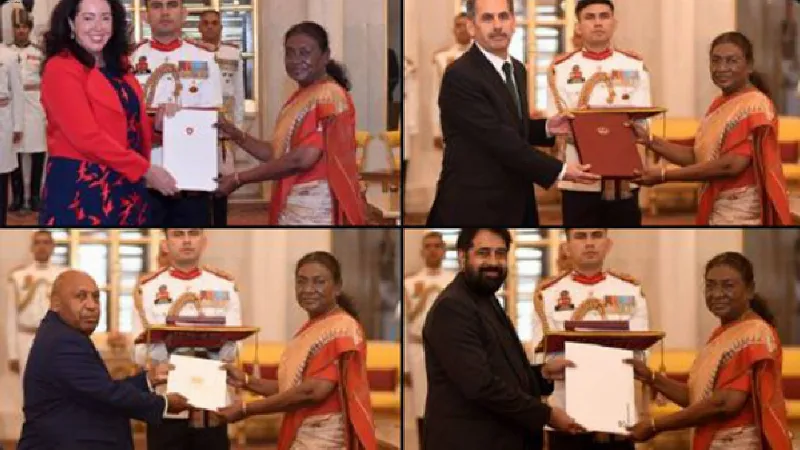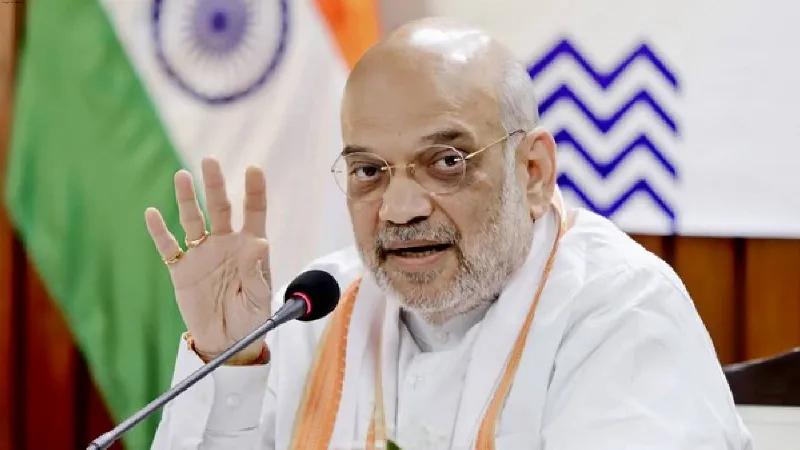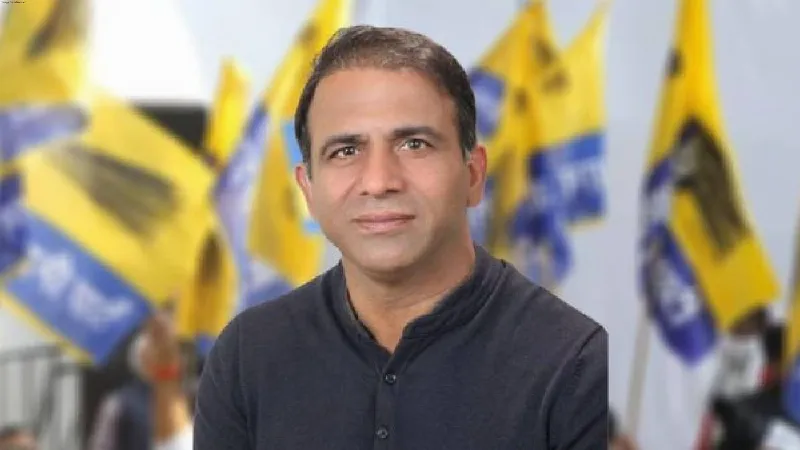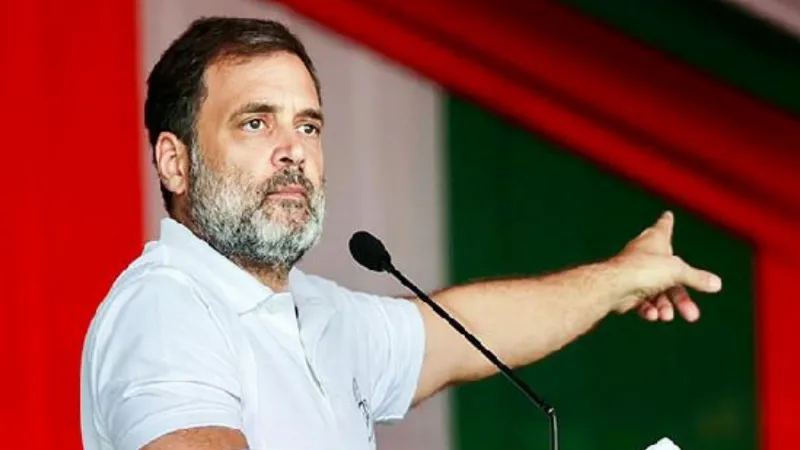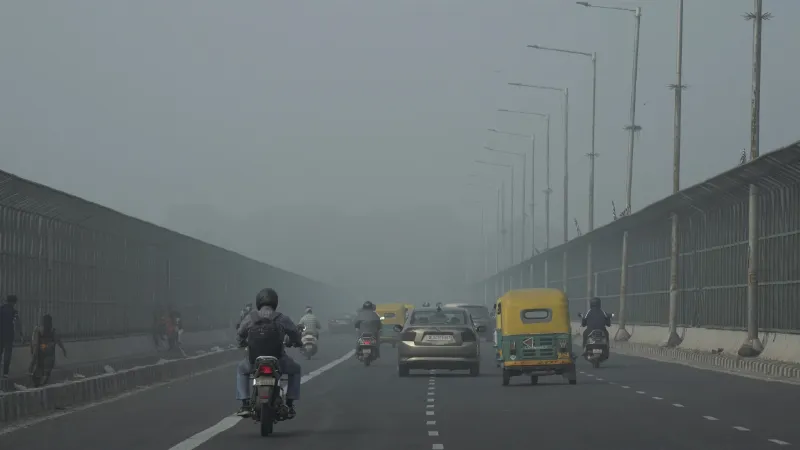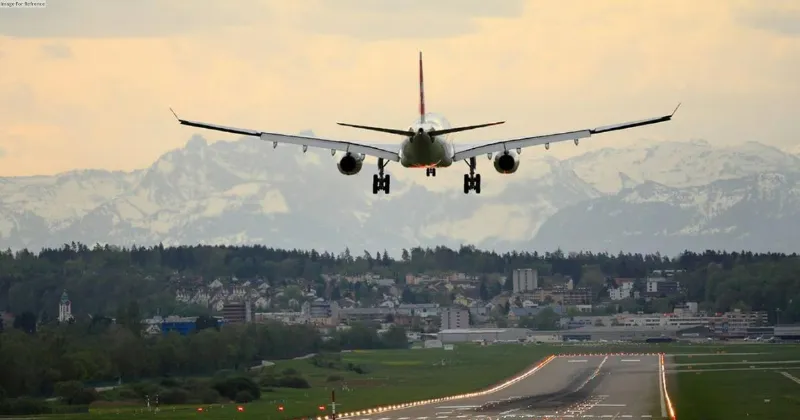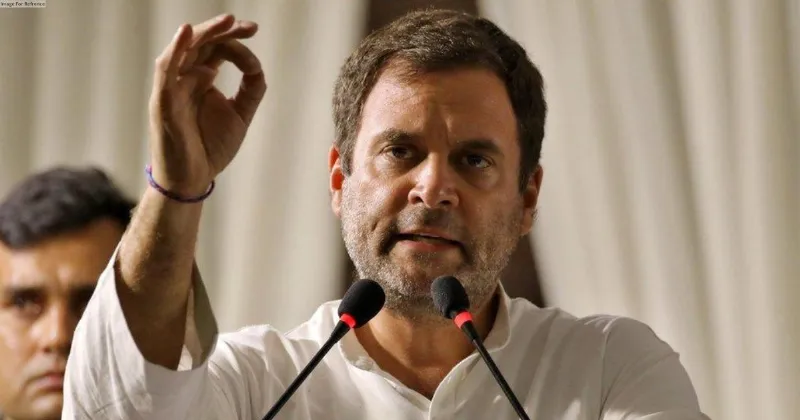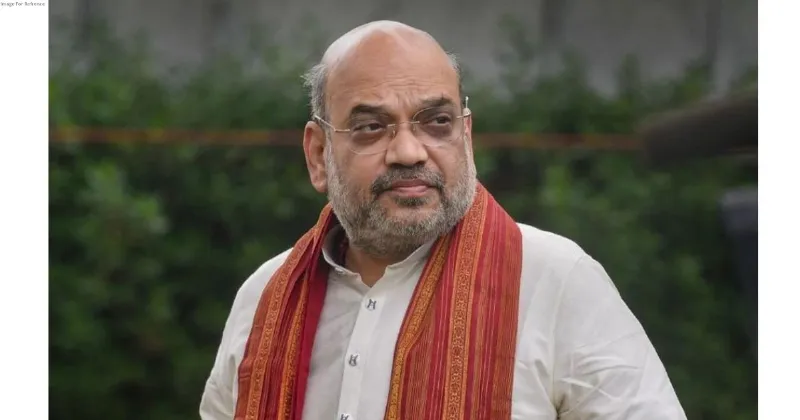India, Australia sign agreement for mutual recognition of qualifications

New Delhi: India and Australia have signed a framework mechanism for mutual recognition of qualifications that will help ease the mobility of students and professionals between the two countries.
The agreement was signed following a bilateral meeting in New Delhi on Thursday between Union Education Minister Dharmendra Pradhan and Australian Education Minister Jason Clare. This agreement is part of the commitment by Prime Ministers of both countries at the Second India-Australia Virtual Summit held on March 21, 2022, wherein they had agreed to establish a joint taskforce for mutual recognition of qualifications. A task force was accordingly set up consisting of senior officials of education and skill ministries and regulators on both sides. It has come up with a comprehensive mechanism that covers both education and skill qualifications of the two countries and will help facilitate two-way mobility of young people for education and employment purposes by mutually recognising various levels of education and skill qualifications.
Talking to ANI about these agreements, Pradhan said that both countries agreed to strengthen tie-up in education and skill development sector. Australia has made a scheme to invest USD 1.82 million. This amount will be spent in course and training. Also, it will further India's collaboration with Australia in agriculture sector.
"The Australian education minister said that the relationship is becoming stronger and deeper every day," Pradhan said.
When Minister Pradhan visited Australia last year, Pradhan invited the Australian minister to come here to India to sign these agreements. "I'm so glad that I've been able to come here today to do that," Jason Clare said.
Further, Pradhan said that a number of agreements were signed here today. First is the mutual recognition of education qualifications to recognise each other's school qualifications of vocational qualifications and university qualifications. A number of agreements were signed between Australian universities and Indian universities to work more closely together to fund more PhD research together.
"Today, there is also an agreement with the Australian government to invest USD 1.8 million working with Australian universities and Indian universities in the investment and development of agricultural research, etc," Pradhan said.
In recent years, Australia has become one of the preferred destinations of Indian students for pursuing higher studies, and even more so for gaining vocational skills.
There are talks to facilitate more Australian students to come to India especially for both short and longer-term study, internships and research. There is an immense potential of institutional collaboration in India and Australia, especially in the higher education, skill development and training.
The Indian government has unrolled several initiatives to facilitate partnership with foreign institutions especially in the field of higher education by facilitating joint/dual degree programmes.
Notably, Australia is also a key partner in skill development and vocational training and both countries are working together on capacity-building and training, identifying opportunities in key sectors for closer skill cooperation with a particular focus on new-age courses as per the changing needs and demographics across both the nations.
Following National Education Policy (NEP) 2020, India has come up with new initiatives for promoting internationalisation of education that included regulations for joint or dual or twinning degrees and a draft regulation for setting up campuses of foreign universities in India. In addition, GIFT City in Gujarat has opened up to foreign universities free from domestic regulations. Australian universities are actively exploring establishing campuses in GIFT City.
But, the issue of Visa pendency for Indian students are also a matter of concern for researchers, professionals and students.
On this issue, Pradhan said that after Covid pandemic, the world was facing economic slowdown-type situation. Due to that, situation Visa process was a bit slow.
"Last year, Prime Minister Modi raised this issue with his counterpart on (Quadrilateral Security Dialogue, or commonly known as QUAD) QUAD forum. I have also discussed this issue with Jason Clare and he assured me to resolve this issue. About 3-4 lacs Visa pendency has been reduced in the last 5-6 months,"
While Australian Minister said that when he became the minister in the middle of last year, there was a big delay in Visa processing for Indian students to come to Australia.
"When Minister Pradhan came to Australia, he spoke to me about this and said that what can we do to help and I told him that we were putting hundreds of people at work in the department of Home Affairs in Australia to process visas faster, and that is now happening," Jason Clare said.
"The good news is that the Visa-processing time now has dropped from 40 days to two days. And the number of Indian students waiting for a Visa has dropped by 75 per cent in the last six months. So that's good news. But there's still more work to do in particular for PhD students," Jason Clare said, adding, "And I told Minister Pradhan today that the next big task for me and other ministers in the Australian Government is working to speed up the visa process."
It is notable that Australian education minister is on a five-day visit to New Delhi from February 28 to March 4 to facilitate India-Australia relations in the field of education. This is Minister Clare's first overseas visit since becoming the education minister and he aims to build upon the success of Union Minister Dharmendra Pradhan's visit to Australia in August 2022.
He has come with a large delegation of vice-chancellors of key Australian universities, five peak groups and a regulator. India and Australia already share very strong ties in the education sector. Education is also a very important pillar of India-Australia Comprehensive Strategic Partnership. Minister Clare's visit is an important step in taking these relationships forward.
In today's bilateral meeting, the two sides also discussed issues like promoting student mobility and enhancing research and academic collaborations between Indian and Australian universities through the mechanism of joint/dual/twinning degrees that have been brought in recently under NEP2020.
A number of institutional-level MoUs were also exchanged between India and Australia's universities on Thursday that will promote research and academic collaborations between the two countries in several key sectors. The higher education sectors of both India and Australia are excited to partner with each other as evidenced by the large delegation from Australia. These institutions are driving the bilateral cooperation between India and Australia across a wide range of fields - from bio-innovation to law to industry solutions.
Minister Clare and his delegation also interacted with leading education business and industry representatives at an event organised by FICCI on Wednesday. The visiting Australian Vice-Chancellors participated in a round table to discuss -- The Changing Face of Higher Education in India: Future Directions and Opportunities". They also participated in a round table at University Grant Commission (UGC) on Thursday to discuss initiatives for internationalisation of education under NEP2020. (ANI)


